Filter by
Found 115 from your keywords: subject="Nature"

When a storm comes
- Edition
- -
- ISBN/ISSN
- 9781740651103
- Collation
- 12 p. ; ill. ; 15 cm
- Series Title
- -
- Call Number
- 363 MCG w
- Edition
- -
- ISBN/ISSN
- 9781740651103
- Collation
- 12 p. ; ill. ; 15 cm
- Series Title
- -
- Call Number
- 363 MCG w
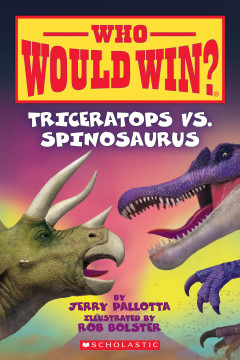
Triceratops vs. spinosaurus
- Edition
- -
- ISBN/ISSN
- 9780545681278
- Collation
- 32 p. ; ill. ; 23 cm
- Series Title
- Who would win?
- Call Number
- 567 PAL t
- Edition
- -
- ISBN/ISSN
- 9780545681278
- Collation
- 32 p. ; ill. ; 23 cm
- Series Title
- Who would win?
- Call Number
- 567 PAL t
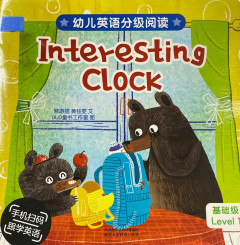
Interesting clock
- Edition
- -
- ISBN/ISSN
- 9787545061789
- Collation
- 12 p. ; ill. ; 15 cm
- Series Title
- -
- Call Number
- F HUA i
- Edition
- -
- ISBN/ISSN
- 9787545061789
- Collation
- 12 p. ; ill. ; 15 cm
- Series Title
- -
- Call Number
- F HUA i
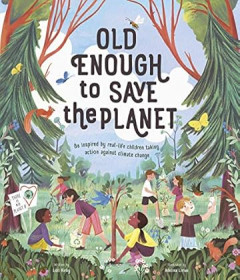
Old enough to save the planet (changemakers)
- Edition
- -
- ISBN/ISSN
- 9781419749148
- Collation
- unpaged ; ill. ; 28,5 cm
- Series Title
- -
- Call Number
- 363 KIR o
- Edition
- -
- ISBN/ISSN
- 9781419749148
- Collation
- unpaged ; ill. ; 28,5 cm
- Series Title
- -
- Call Number
- 363 KIR o
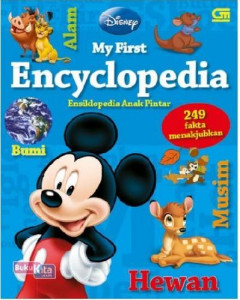
My First Encyclopedia
Dunia kita penuh dengan fakta menakjubkan yang tak mungkin kaupelajari dalam sehari. Dengan Ensiklopedia Anak Pintar, kau cukup belajar satu fakta sehari.
- Edition
- -
- ISBN/ISSN
- 9786020316468
- Collation
- 21 x 27; Pbk; Fcol; Ill; 136p
- Series Title
- -
- Call Number
- 503 DIS m
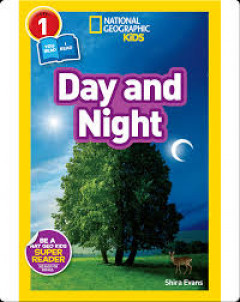
Day and Night (national geographic kids, level 1)
During the day, the sun shines, birds tweet, and bees buzz. Earth is awake! But what happens at night? The moon -- and a whole new group of animals come out to play
- Edition
- -
- ISBN/ISSN
- 9781426324703
- Collation
- 48p; ill; col
- Series Title
- National Geographic Readers
- Call Number
- 520 EVA d
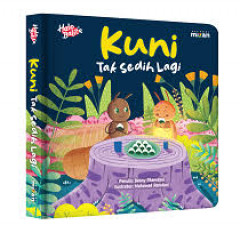
Kuni tak sedih lagi
- Edition
- -
- ISBN/ISSN
- 9786024723538
- Collation
- 20 p. ; ill. ; 17,5 cm
- Series Title
- -
- Call Number
- F RHA k
- Edition
- -
- ISBN/ISSN
- 9786024723538
- Collation
- 20 p. ; ill. ; 17,5 cm
- Series Title
- -
- Call Number
- F RHA k
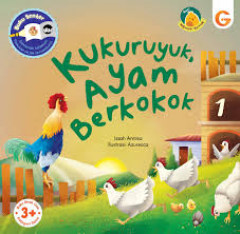
Kukuruyuk ayam berkokok
- Edition
- -
- ISBN/ISSN
- 9786234580327
- Collation
- 24 p. ; ill. ; 22,5 cm
- Series Title
- Seri Hewan Ternak
- Call Number
- 590 ANN k
- Edition
- -
- ISBN/ISSN
- 9786234580327
- Collation
- 24 p. ; ill. ; 22,5 cm
- Series Title
- Seri Hewan Ternak
- Call Number
- 590 ANN k
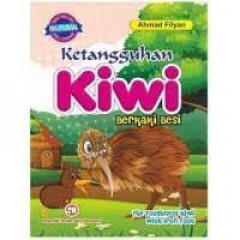
Ketangguhan kiwi berkaki besi
- Edition
- -
- ISBN/ISSN
- -
- Collation
- 32 p. ; ill. ; 21 cm
- Series Title
- -
- Call Number
- F FIL k
- Edition
- -
- ISBN/ISSN
- -
- Collation
- 32 p. ; ill. ; 21 cm
- Series Title
- -
- Call Number
- F FIL k
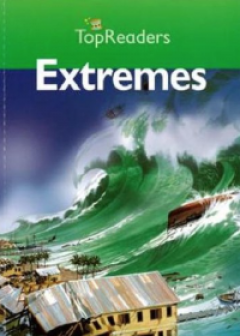
 Computer Science, Information & General Works
Computer Science, Information & General Works  Philosophy & Psychology
Philosophy & Psychology  Religion
Religion  Social Sciences
Social Sciences  Language
Language  Pure Science
Pure Science  Applied Sciences
Applied Sciences  Art & Recreation
Art & Recreation  Literature
Literature  History & Geography
History & Geography